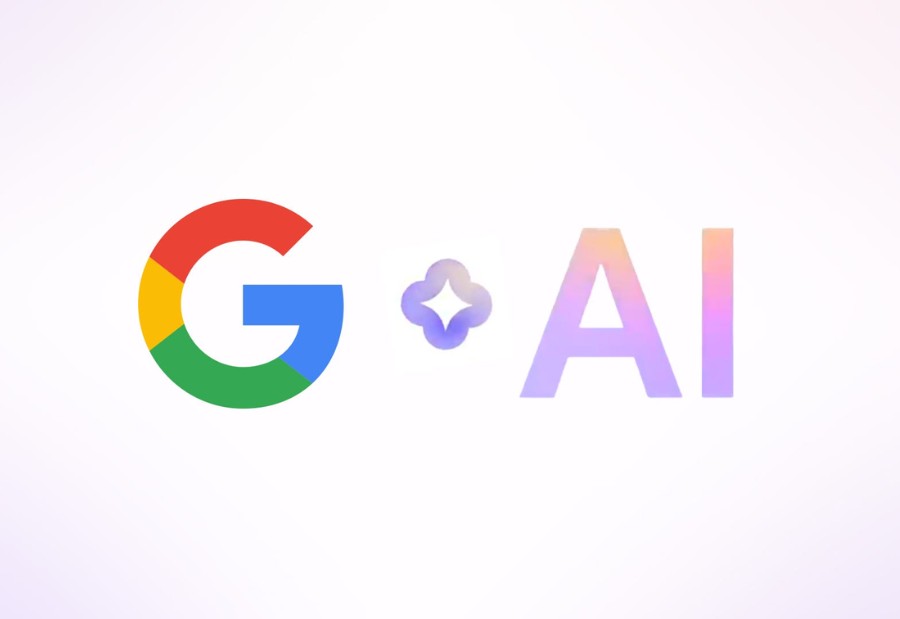
In a groundbreaking development, Google has announced that its artificial intelligence (AI) agent, Big Sleep, has discovered a previously unknown zero-day security vulnerability in widely used software. This marks the first publicly reported instance of an AI system identifying such a critical flaw, setting a new milestone in the field of cybersecurity.
The vulnerability, described as an exploitable stack buffer underflow, was found in SQLite, a popular open-source database engine used across numerous applications. Google's Project Zero and DeepMind teams, collaborating on the Big Sleep project, made this remarkable discovery.
The AI agent's ability to uncover this flaw demonstrates its potential to revolutionize the way we approach software security. By autonomously analyzing code and identifying vulnerabilities, AI could significantly enhance our defensive capabilities against cyber threats.
Google reported the vulnerability to the SQLite development team in October, who promptly fixed the issue on the same day. Importantly, as the flaw was discovered in a development version, it did not impact SQLite users in released versions.
The Big Sleep team utilized the Gemini 1.5 Pro model, instructing it to examine recent changes in SQLite's codebase and look for unresolved issues similar to previously known vulnerabilities. The AI agent successfully made connections between different parts of the code, developed test cases, and even generated a comprehensive root-cause analysis of the flaw.
What makes this discovery particularly impressive is that human researchers were unable to find the same vulnerability using traditional fuzzing techniques, even after 150 CPU hours of testing. This suggests that AI-powered vulnerability detection could potentially surpass conventional methods in both efficiency and effectiveness.
While Google acknowledges that the results are still "highly experimental," the implications of this breakthrough are far-reaching. The ability to detect and fix vulnerabilities before software is released could dramatically reduce the window of opportunity for attackers to exploit such flaws.
As AI continues to evolve, it may soon play a central role in identifying, analyzing, and even fixing software vulnerabilities. This development represents a significant step forward in the ongoing battle to secure our digital infrastructure and protect against cyber threats.
The success of Big Sleep opens up new possibilities for the future of cybersecurity, potentially leading to more robust and secure software development practices. As AI-assisted vulnerability detection becomes more sophisticated, it could become an indispensable tool for developers and security researchers alike.